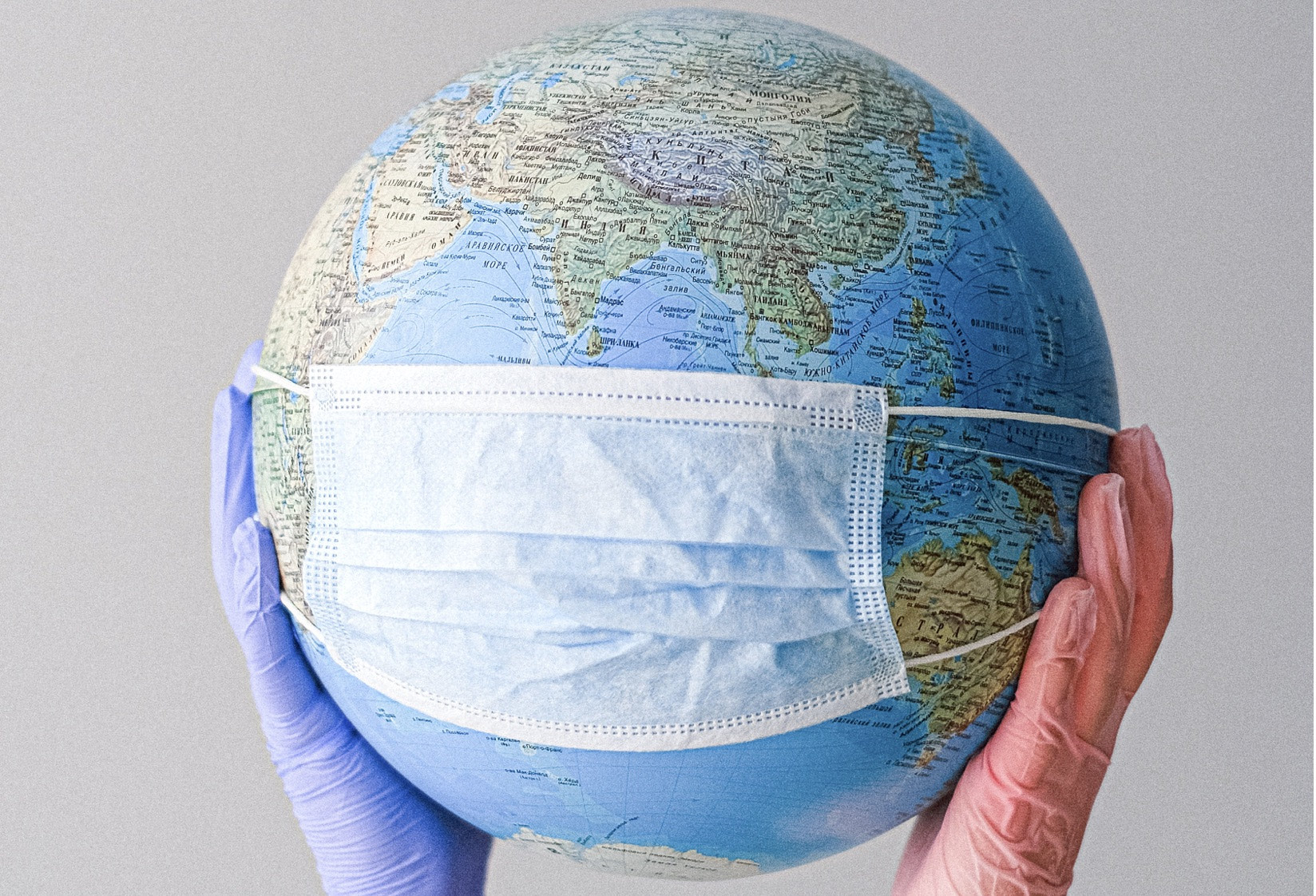Quebec study reveals long COVID impact on health-care workers
Tashi Farmilo
A recent study by Quebec’s public health institute reveals that between six and 10 per cent of health-care workers in the province have been affected by long COVID, with a significant number reporting severe symptoms.
The preliminary results of the study, presented at a conference on September 21 focused on long COVID in Montreal, indicated that, of the workers affected, a third experienced severe symptoms. Additionally, over half had been grappling with these symptoms for more than a year.
"This isn't just about statistics,” said Dr. Sara Carazo, the study’s author and an epidemiologist at the institute. “These numbers reflect the real-life challenges and health impacts faced by our health-care workers. The implications of post-COVID illness are profound, affecting their health and their capability to effectively perform their duties."
The study encompassed a considerable sample size, with over 26,000 of Quebec’s 400,000 health-care workers taking part in the survey, conducted through online or telephone mediums between May and July.
A noteworthy finding of the study was that three-quarters of the respondents had contracted COVID-19 at least once. Furthermore, 10 per cent of these affected workers were still experiencing lingering symptoms beyond 12 weeks.
Among the various symptoms of long COVID reported, the most common ones among Quebec’s health-care workers included fatigue, shortness of breath, problems with concentration, memory loss, and brain fog.
This study shines a light on the ongoing challenges faced by frontline health workers, not just in treating COVID-19 patients, but in dealing with the personal aftermath of the disease. The revelations underscore the importance of continued support for health-care workers and the necessity for further research into post-COVID complications.
Photo caption: Protective mask symbolizing the fight against COVID-19 and its long-term effects.
Photo credit: Anna Shvets





